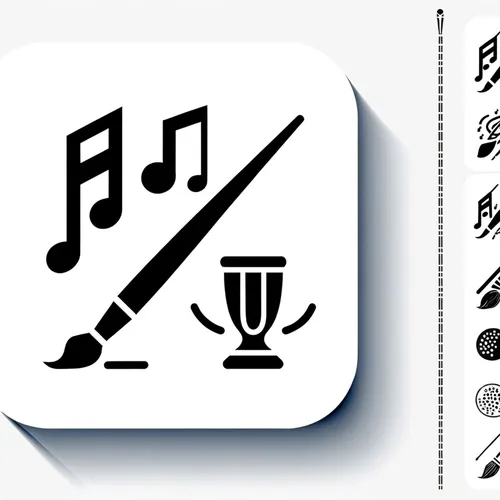The Science of Mastery: How Deliberate Practice and Feedback Transform Skills and Unlock Peak Performance
- Author
- Quiet. Please
- Published
- Sat 09 Aug 2025
- Episode Link
- https://www.spreaker.com/episode/the-science-of-mastery-how-deliberate-practice-and-feedback-transform-skills-and-unlock-peak-performance--67313924
As listeners, you’ve all heard the phrase “practice makes perfect,” but what does science say about the power of repetition and the path to mastery? The latest research from Carnegie Mellon University highlights that immediate feedback during practice—rather than passively absorbing information—dramatically accelerates learning. Paulo Carvalho, a leading figure in this work, emphasizes that when we practice with feedback, we confront and correct our weaknesses more efficiently than through traditional lectures alone. This principle holds true whether you’re a pianist, a surgeon, or a computer scientist.
Yet, perfecting a skill isn’t just about mindless repetition; the concept of “deliberate practice” has shifted our understanding. As outlined by Cambridge Coaching, true progress comes from targeted, purposeful efforts. This means setting clear goals, focusing on specific aspects of performance, seeking honest feedback, and constantly adjusting your approach. Experts featured in studies by the National Science Teachers Association remind us: practice doesn't just affect how we think but transforms our physical and social capabilities. Joshua Waitzkin, an international chess master and martial artist, credits breaking down complex skills and mindful review for his own elite progress.
Still, even the most committed can encounter frustrating plateaus. Fitness professionals at NPTI Florida and memory experts such as Tansel Ali agree the key is variety—change your routine, adjust the intensity, and allow for adequate rest. Cycling through different types of practice and periodically recovering prevents burnout and helps the brain and body adapt.
But there’s a caveat: relentless pursuit without balance can backfire. Daniel Willingham, a cognitive scientist, observes that obsessive practice beyond reason doesn’t lead to lasting perfection; skills and peak states fade without regular, sustained but sensible routines. Overtraining can cause fatigue, injury, or mental exhaustion, so experts frequently urge listeners to prioritize enjoyment, track progress, and celebrate small wins along the journey.
If you want to break your plateau, try deliberate practice: set specific objectives, mix up your practice methods, and seek honest feedback. Remember that rest and adaptation are as crucial as effort. Mastery is a lifelong process—with progress, not perfection, as your daily goal.
